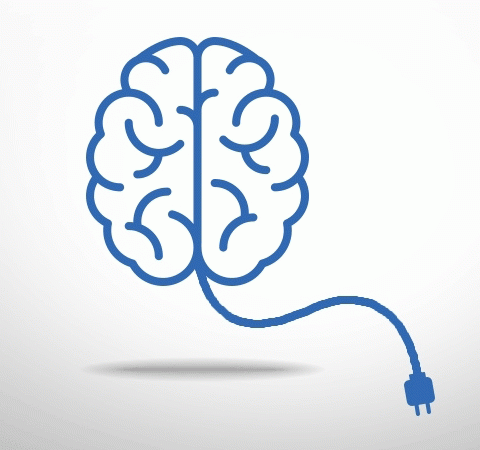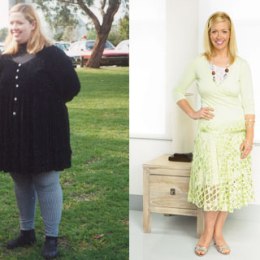The wave of bad news from across the world (terrorism and tragedy, myriad types of violence and abuse) seems relentless.
In our digital/social media age, every new atrocity is amplified and analysed ad nauseum 24/7.
Thierry Malleret, economist and founder of Monthly Barometer, says that this can lead to collective “catastrophising”. That is, a distortion of thinking that predicts very negative outcomes and worst-case scenarios, which affects mental health.
He says it has an especially negative impact on people prone to anxiety and depression.
What should we do? Is it time to consciously unplug and consume less news? Is a high volume of news consumption and “wellness” related?

“Often, people prone to anxiety or depression feel overwhelmed by the magnitude of the global issues that the world is facing,” says Thierry.
“This is an acute and growing sentiment in today’s digital age, when every piece of bad news is at our fingertips and the sheer deluge of information and analysis to which we are submitted is amplified by social media.”
So what is to be done? Aside from the advice given in psychology books like The Anxiety Toolkit, Thierry suggests there are a few simple antidotes:
- The first obvious one is to unplug and consume less “news”. This an easily achievable target considering that we spend a third of our total life consuming news (the consultancy, Zenith Optimedia, estimates that by 2017, the average of global news consumption will amount to a staggering nine hours a day, of which 30 percent is spent on the Internet).
- The second is to be more discerning and seek exposure to sources of information that offer contrarian opinions by presenting views with no negativity bias or which are simply more positive.




